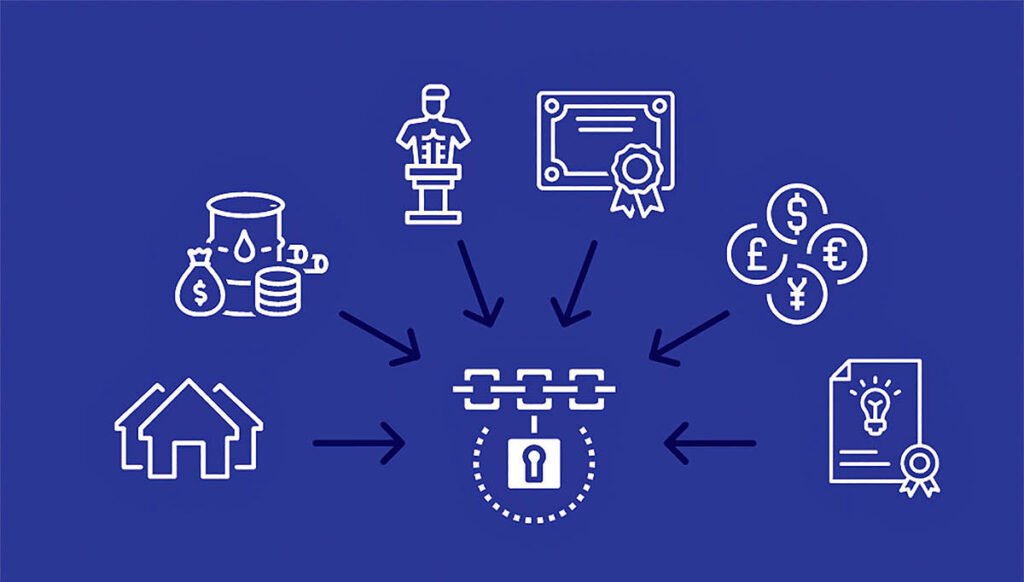A Colorado-incorporated company has established a connection with one of the largest illicit bitcoin markets worldwide. Blockchain security company Elliptic claims that Xinbi Guarantee, the marketplace, has handled a projected $8.4 billion in digital asset transactions. Mostly serving criminal networks distributed around Southeast Asia, this platform has lately attracted international notice for its role in supporting extensive internet scams, data trafficking, and crypto-based money laundering.
The results, particularly through distributed payment systems like USDT (Tether), generate serious questions regarding the increasing role of crypto infrastructure in enabling worldwide crime. Xinbi’s operation emphasizes how quickly these under-marketplaces may grow and how challenging it may be for authorities to oversee them properly.
Big USDT Flows Support Illegal Trade
Xinbi’s operations focus on the stablecoin USDT, which accounts for most of its transactional activity. USDT is often utilized in illicit finance because of its dollar-pegging value and high liquidity, since it helps to enable speedy, cross-border value transfers with a reduced possibility of price volatility. Reportedly exchanging USDT for products and services ranging from phony identity documents to hacking tools and communication gear, including Starlink satellite equipment, criminal users on Xinbi seem to be buying.
According to Elliptic’s research, Xinbi handled over $1 billion in transactions in the fourth quarter of 2024 alone. This astounding number shows the scope. Sustainable Crypto Vision, the operation, and the growing sophistication of hackers who now use sophisticated blockchain technologies to go unseen.
How the Xinbi Guarantee Model Promotes Deceit
Unlike most darknet markets, which mandate vendors deposit money before selling on the network, Xinbi employs a “guarantee model.” The idea is to provide confidence between buyers and sellers, establishing a safer space for illegal trading. Although this sounds like a normal corporate activity, it allows Xinbi to function with a false sense of legitimacy in the context of crime.
Thanks in part to this paradigm, the platform has rapidly expanded its user base. Xinbi ranks second worldwide among illegal online cryptocurrency markets, with 233,000 active users. Its scale and reach highlight how exposed the crypto ecosystem is now to exploitation by malevolent actors using it as a tool to evade financial laws and enable worldwide fraud.
Relationship to North Korean Hacking Activities
Elliptic’s investigation also highlights a concerning relationship between North Korean state-sponsored hacking operations and Xinbi. Tracing thousands of wallet addresses used on the network, analysts have discovered some are linked to laundering activities known to start from North Korea. These results imply that the platform is helping low-level scammers and offering financial support to sanctioned country governments involved in cyber theft.

Although North Korea’s involvement in crypto crime is not new, its connection to a U.S.-incorporated company like Xinbi raises significant concerns. Law enforcement authorities trying to stop illegal financial movements on the blockchain have difficulty using American legal systems to cover or justify such activities.
Reversals for the Crypto Sector
The Xinbi example shows how fast illegal crypto markets may develop and expand under little control. Though formally incorporated in Colorado, the company behind Xinbi seems to run solely for illicit financial activities, demonstrating how regulatory arbitrage may be exploited by malevolent individuals.
This evolution coincides with a period of heavy government monitoring of the worldwide crypto sector already. Enforcement of anti-money laundering (AML) and know-your-customer (KYC) rules is becoming increasingly important to governments. However, as revealed by Xinbi’s approach, even governments with robust legal systems may conceal criminal groups operating under the radar.
Demand better monitoring and control.
Law enforcement and blockchain security experts advocate for more worldwide cooperation to fight the increasing threat of distributed financial crime. Although on-chain analytics and wallet tracing are showing good success in spotting suspected activity, enforcement of these tools is challenging because of the anonymous and international character of cryptocurrencies.
The Xinbi case strongly reminds us that rules alone are insufficient. We need more involvement from exchanges, wallet providers, infrastructure builders, and other crypto players to prevent their platforms from facilitating illicit activity.
Keeping Alert in a Changing Threat Environment
The incentives for negative actors to exploit cryptocurrencies will also rise as their acceptance increases. The Xinbi Guarantee case marks a significant shift in the discourse surrounding illicit cryptocurrency markets and their linkages to traditional fraud networks and global crimes. This event serves as a crucial reminder for blockchain creators, legislators, and investors alike. Tech Crypto, Maintaining the integrity of the Bitcoin ecosystem will depend primarily on increased alertness, wise rules, and strong monitoring technologies.


